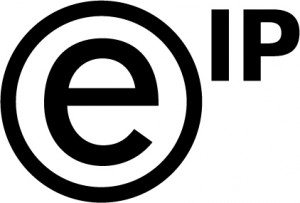After nine years in academia (a four year undergraduate physics degree, a four year PhD and a year as a postdoctoral researcher), I knew that I was ready for a change. I still wanted to be able to use my physics knowledge and training but I was keen to learn new skills; training to become a patent attorney seemed like a perfect fit.
In particular, I relished the thought of getting to grips with a whole range of cutting-edge technologies, instead of focusing on one specific (and narrow) area of research, as I had done during my PhD and postdoc. I was also excited at the opportunity to do more writing, which I’ve always enjoyed.
I joined EIP in September 2012 and have thoroughly enjoyed my time here so far. EIP is a young and forward-thinking firm that is willing to give trainees a much higher level of responsibility than many other firms. From the offset, I’ve been given real and important work to do, such as helping to argue the patentability of applications, preparing strategic advice for clients and preparing documents for litigation. I’ve also had the opportunity to draft several patent applications, the first within just a few weeks of joining, which is something many other trainees at my level of experience haven’t even attempted yet.
EIP have also encouraged me to develop my legal knowledge by preparing blog posts analysing the impact of recent intellectual property decisions made by the UK courts. This offered yet another dimension to an already varied and stimulating career. Although EIP certainly gives you wings to fly, I have never felt lost or out of my depth here, as there is a really helpful and approachable network of people who are always willing to help out. I mainly work under one partner, who provides the bulk of my training and support, but I have also been encouraged to work with other partners and this has given me insight into the varied approaches of the different partners and has helped me begin to develop my own approach.
One of my favourite aspects of the job is arguing the patentability of applications. This involves reviewing documents that an examiner has cited against your patent application and spotting flaws in the examiner’s arguments. I find it really satisfying to spot something that an examiner has misunderstood or overlooked, particularly when you manage to convince the examiner to accept your arguments. I’ve especially enjoyed taking part in examiner interviews, in which we aim to persuade the examiner over the phone that an application is patentable.
One thing to note about the profession is that there is a great deal to learn and it takes a long time and a lot of hard work to become completely competent – around ten years according to one of the partners here! However, one great thing about the profession is that, once you have put in all that time and effort, you will be rewarded by becoming an invaluable member of the IP profession!







